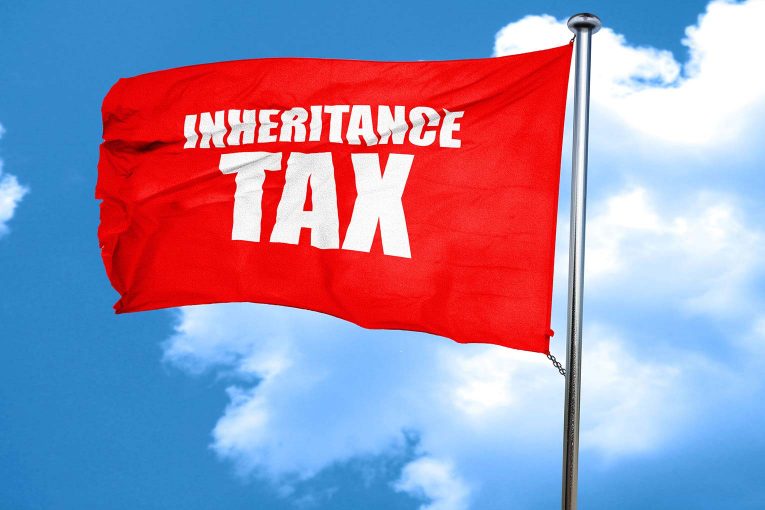The government is set to collect a record-breaking £66.8 billion in inheritance tax (IHT) over the next six years, according to revised estimates from the Office for Budget Responsibility (OBR).
The latest figures represent a £2.4 billion increase from forecasts issued in the Autumn Budget, driven by frozen tax thresholds and a controversial move to bring defined contribution pensions into the scope of inheritance tax from 2027.
IHT receipts are expected to reach £8.4 billion by the end of this tax year, but will soar to £11.7 billion by the time pension wealth becomes taxable as part of estates.
By 2029-30, the annual tax take is projected to hit £14.3 billion.
HITTING MORE FAMILIES

And Helen Morrissey, head of retirement analysis at Hargreaves Lansdown, warns that inheritance tax, once regarded as a levy on the wealthiest, is rapidly ensnaring more families.
She said: “Inheritance tax, once the preserve of the wealthier families, is set to become a headache for ever more people.
“The combined tax take over the next six years is now set to hit £66.8 billion – £2.4 billion more than the OBR predicted just a few months ago.”
The planned taxation of pensions has been met with widespread concern, particularly among retirees who had structured their financial plans around the ability to pass on pension wealth tax-free.
Critics argue that the change could create unnecessary delays and complications in administering estates, adding stress to grieving families.
Morrissey added: “There are also concerns that adopting this approach can lead to unnecessary delays and complexity in administering estates, causing grieving families undue hardship.
“An alternative approach could be the introduction of a one-off charge on remaining pension assets.”
GIFTED DEPOSITS
For those looking to mitigate their IHT liability making use of existing tax allowances, including the £3,000 annual gifting exemption can lessen the amount paid.
Larger gifts fall outside an individual’s taxable estate after seven years, prompting many to transfer wealth sooner rather than later such as helping children or grandchildren pay for property deposits.
However, Morrissey warned against overzealous gifting, cautioning retirees to ensure they retain enough assets to fund their own later-life needs.
She said: “It is important that people do not give too much away to their family now and potentially leave themselves short of cash later in retirement.”






